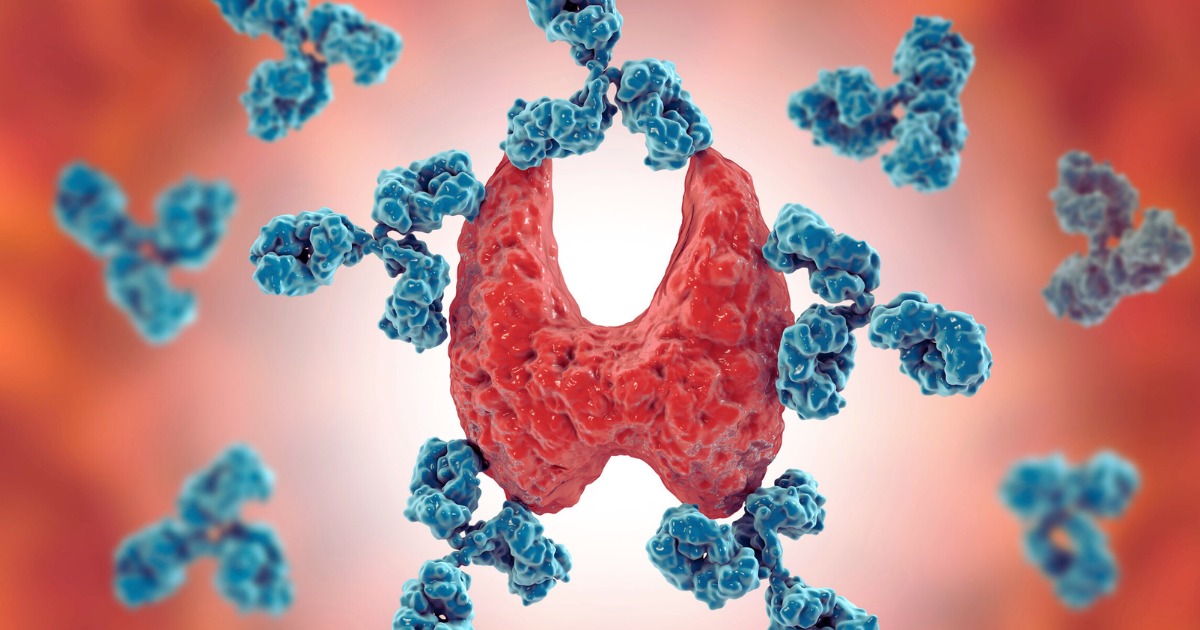Autoimmune disorders are complex and often mysterious diseases where the body’s immune system mistakenly attacks its own tissues. This misunderstanding within the body can lead to a wide range of health problems, depending on which tissues are affected. The exact causes of autoimmune disorders are not fully understood, but researchers have identified several key factors that may contribute to their development. This blog delves into these potential triggers to provide a clearer understanding of what are the causes of autoimmune disorders.
Causes of Autoimmune disorders-
Genetic Predisposition
One of the most significant factors in the development of autoimmune disorders is genetics. Family history plays a crucial role; individuals with relatives who have autoimmune diseases are at a higher risk of developing one themselves. Studies have shown that specific genetic markers are associated with a predisposition to these disorders. For example, the HLA (human leukocyte antigen) genes, which are involved in the immune system’s ability to recognize foreign substances, have been linked to several autoimmune diseases.
While genetics alone do not cause autoimmune disorders, they can create a susceptibility that, when combined with other factors, can lead to the development of these diseases.
Environmental Triggers
Environmental factors are believed to interact with genetic predispositions to trigger autoimmune diseases. Some of the environmental triggers include:
Infections: Certain viral and bacterial infections can prompt the immune system to become overactive. For instance, the Epstein-Barr virus (EBV) has been associated with multiple sclerosis (MS) and systemic lupus erythematosus (SLE). Infections can sometimes cause the immune system to mistakenly target the body’s own cells, leading to autoimmune responses.
Toxins: Exposure to certain chemicals and toxins, such as those found in pesticides, solvents, and tobacco smoke, has been linked to an increased risk of autoimmune diseases. These substances can cause inflammation and immune system dysfunction.
Diet: While the exact relationship between diet and autoimmune disorders is still being studied, some research suggests that certain foods might trigger or exacerbate these conditions. Gluten, for example, is known to trigger celiac disease in genetically predisposed individuals. Additionally, diets high in sugar and processed foods can contribute to inflammation, which may play a role in the development of autoimmune diseases.
Stress: Chronic stress has been shown to have a profound impact on the immune system. Prolonged stress can lead to immune dysregulation, which may trigger or worsen autoimmune conditions. The body’s stress response involves the release of cortisol, a hormone that can affect immune function when produced in excess over long periods.
Hormonal Influences
Hormones are another factor that can influence the development of autoimmune disorders. Many autoimmune diseases, such as lupus and rheumatoid arthritis, are more common in women, suggesting that hormones like estrogen might play a role. Hormonal fluctuations during puberty, pregnancy, and menopause can impact immune function, potentially triggering autoimmune responses.
Molecular Mimicry
Molecular mimicry is a mechanism that can lead to autoimmune diseases. It occurs when the immune system confuses self-antigens (normal body proteins) with foreign antigens (proteins from pathogens). This confusion can cause the immune system to attack the body’s own tissues. For example, rheumatic fever is believed to result from molecular mimicry, where the immune response to a streptococcal infection mistakenly targets the heart, joints, and other tissues.
Gut Microbiome
The gut microbiome, the collection of microorganisms living in the digestive tract, has been increasingly recognized for its role in immune system regulation. Imbalances in gut bacteria can lead to immune dysregulation and inflammation. Emerging research suggests that a disrupted gut microbiome may contribute to the development of autoimmune diseases. For instance, conditions like inflammatory bowel disease (IBD) have been linked to changes in gut microbiota.
Vitamin and Mineral Deficiencies
Nutrient deficiencies can also impact the immune system and potentially trigger autoimmune disorders. Vitamins and minerals such as vitamin D, vitamin A, and zinc play critical roles in maintaining immune function. Deficiencies in these nutrients can impair immune regulation and increase susceptibility to autoimmune diseases. For example, low levels of vitamin D have been associated with an increased risk of multiple sclerosis and rheumatoid arthritis.
Summary and Future Directions
Understanding the causes of autoimmune disorders is an ongoing area of research, with many complexities and variables at play. While genetics provide a foundation for susceptibility, environmental factors, hormonal influences, molecular mimicry, the gut microbiome, and nutrient deficiencies all contribute to the intricate puzzle of autoimmune disease triggers.
Continued research is essential to unravel the precise mechanisms behind these triggers and to develop effective prevention and treatment strategies. Advances in genomics, immunology, and microbiology hold promise for better understanding and managing autoimmune diseases. As scientists delve deeper into these areas, the hope is to uncover more targeted and personalized approaches to treat and ultimately prevent these debilitating conditions.
In conclusion, we need to understand causes of autoimmune disorders result from a multifaceted interplay of genetic and environmental factors. By recognizing and studying these triggers, we move closer to unlocking the mysteries of autoimmune diseases and improving the lives of those affected by them.





